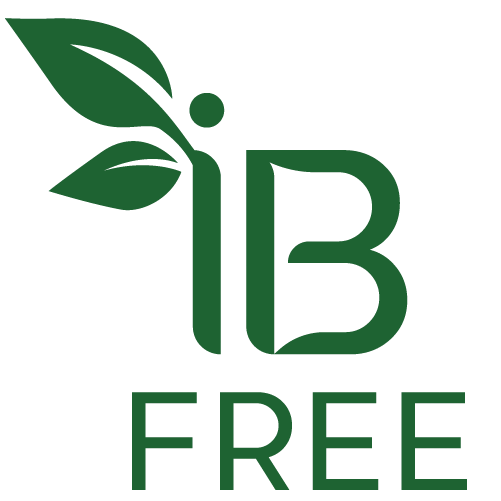Why Garlic, Onion, Milk, Wheat Bread, and Pizza Might Be Wrecking Your Gut
Living with Irritable Bowel Syndrome (IBS) often means playing detective with your diet. One wrong ingredient, and your day can spiral into bloating, gas, cramps, or worse. Among the usual suspects? Some of the most common foods on the table: bread, pizza, pasta, milk, garlic, onion. Here’s why they may be worth avoiding—or at least rethinking—if your gut’s been staging protests.
1. Garlic: Flavorful but Fermentable
Garlic is delicious. It's also a high-FODMAP food, rich in fructans—carbohydrates that don’t play nice with sensitive guts. When your small intestine can’t absorb them properly, they ferment in your colon, causing gas, bloating, and discomfort. For some, even garlic powder in seasoning can trigger symptoms.
2. Onion: Another Fructan Offender
Onions fall into the same FODMAP trap. Whether raw or cooked, they’re packed with hard-to-digest sugars that ferment in the gut. The result? Gas, bloating, and cramps. Even trace amounts in soups, sauces, or spice blends can throw some IBS sufferers off balance.
3. Milk: Not Just About Lactose
Lactose intolerance is common among IBS patients—and milk is loaded with it. If your body can’t produce enough lactase, the enzyme needed to break down lactose, you’ll end up with bloating, cramps, and diarrhea. But it’s not just lactose: certain proteins (casein) in milk can also irritate the gut, making it a double-edged issue.
4. Bread: Refined and Gut-Disruptive
Most bread is made from refined wheat, which often contains both gluten and FODMAPs. Even in non-celiac individuals, gluten can irritate the gut lining. And without much fiber, white bread can make constipation worse for those with IBS-C. On the flip side, the carbs in wheat can ferment and cause bloating in IBS-D. Lose-lose.
5. Pizza: The Perfect Storm
Pizza is an IBS landmine. Between the wheat crust, cheesy topping, garlic- and onion-laced sauce, and its high-fat content, it brings together multiple gut-disruptors in one slice. Fat slows digestion, gluten and dairy irritate, and the result is often a bloated, painful aftermath.
Final Thoughts: Know Your Triggers, Reclaim Your Gut
Cutting out these staples isn’t about punishment—it’s about relief. When you start removing common triggers like garlic, onion, milk, wheat bread, and pizza, your gut often calms down. But every body is different. What wrecks one person might be tolerable for another.
If you’re serious about getting your IBS under control, consider working with a registered dietitian or healthcare provider. They can help you craft a diet that supports your digestion without sacrificing flavor or nutrition.
